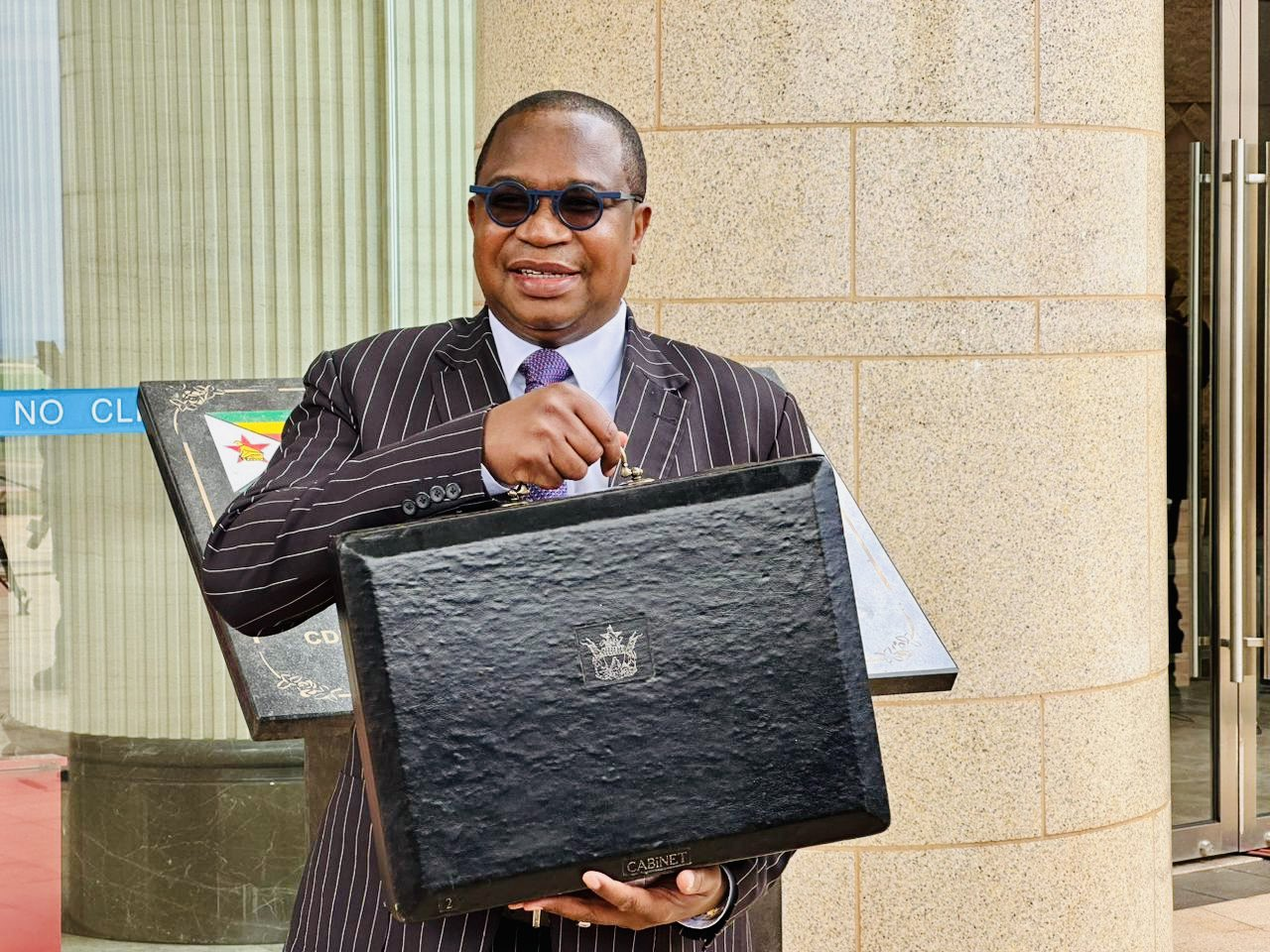
Philemon Jambaya
Zim Now Editor
In a clear admission, the government has said that companies in Zimbabwe often make more money when they break the law than when they follow it. This shows that the country's system of rules and taxes makes being honest difficult, even as the government tries to get more people to pay taxes.
Related Stories
The proof of this problem is found in new numbers from the Zimbabwe National Statistics Agency. The informal sector, which includes all the businesses that are not officially registered, has grown by a huge 16.1%. It now makes up 76.1% of the economy. This means that more and more businesses are leaving the formal, legal world because of high taxes, too many rules, and a lack of clear government policy.
During his Mid-Term Budget Review yesterday, Finance Minister Mthuli Ncube spoke openly about the issue. He said, "We have a situation where in some sectors, players or private players are only profitable if they don’t comply with regulatory requirements." He added that if these businesses follow the rules, they lose money, and that this problem "needs to be changed."
The government's plan is to fix this by making it cheaper to do business. Ncube said the government will look at fees, charges, and the number of steps needed to get a license, starting with the agricultural sector in the next week or two.
At the same time, the government has a different goal: to "expand the tax base." This means getting more people and businesses to pay taxes. Ncube said this is needed to pay for important development projects, support the new ZiG currency, and help taxpayers.
But there is a conflict in this plan. Trying to get more taxes from people without first lowering the high costs of being a formal business could make the problem worse. An economist named Chenayimoyo Mutambasere pointed this out simply: “They are saying it’s expensive to do business in Zimbabwe, the compliance routes are too expensive.”
The business community has made these complaints for a long time. Groups like the Chamber of Mines, Confederation of Zimbabwe Industries, and Zimbabwe National Chamber of Commerce have all raised concerns about having too many taxes. Research from ZimFact, a local fact-checking group, found that there are nearly 50 different taxes in Zimbabwe.
For the first half of the year, government spending was ZiG98 billion (US3.7billion), which was slightly less than the planned ZiG127.5 billion (US3.5 billion). The government's bigger goal is for tax revenue to make up between 22% and 25% of the country’s GDP by 2030.




















Leave Comments